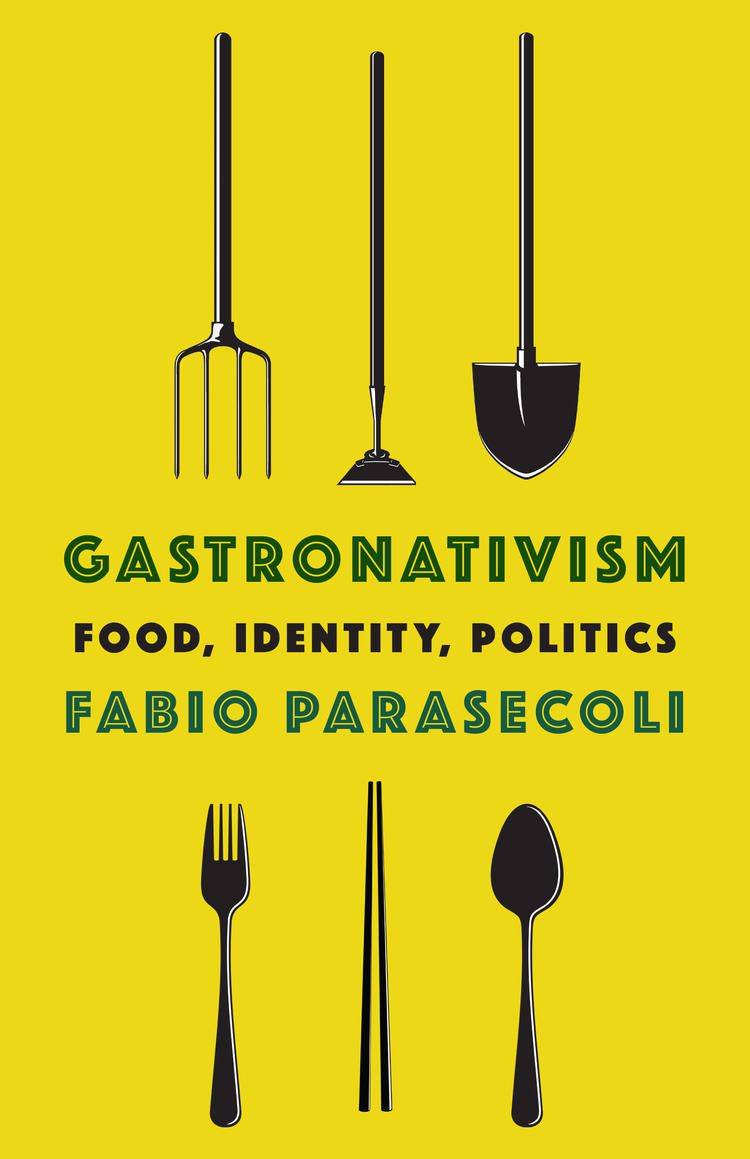
Gastronativism: Food, Identity, Politics
Fabio Parasecoli, NYU
December 7, 2023 · 4:30 pm—6:00 pm · 016 Robertson Hall
Princeton Food Project; Humanities Council

The table unites and divides: it connects those who get to sit around it and excludes those who have not been invited. In recent decades we have witnessed the rise of gastronativism, the ideological use of food to determine who belongs and who doesn’t in a community.
The Italian political right is outraged by halal tortellini and a pork-free lasagna served at the Vatican. In India, Hindu fundamentalists organize attacks on Muslims who sell beef. European anti-immigrant politicians denounce couscous and kebabs. In the United States, burgers become an arena for political fights about American identity and climate change, with conservatives leveraging attitudes about meat, organic food, and veganism to identify not only outsiders, but also the enemy within the country.
In an era of populist movements, food has become a potent symbol of identity. As globalization and neoliberalism have transformed food systems, people have responded by seeking to return to their roots. Many have embraced local ingredients and notions of cultural heritage, but this impulse can play into the hands of nationalist and xenophobic political projects. However, gastronativism does not always exclude: at times, like in the case of the US food movement, it can channel pride in culinary traditions toward resisting transnational corporations, uplifting marginalized and oppressed groups, and assisting people left behind by globalization.
The Princeton Food Project is supported by a Humanities Council Magic Grant for Innovation.
Questions can be sent to foodproject@princeton.edu















